Science Shop
Advertisement
Spider silk heals nerve damage.
- By Geert Devenster
- . April 3, 2023
Revolutionary Nerve Conduits Made from Silk Researchers at the Medical University of Vienna have developed nerve conduits made from silk that can help repair nerve
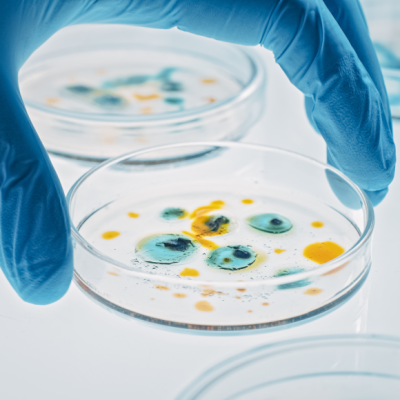
Insect-derived substance kills resistant bacteria.
- By Geert Devenster
- . March 5, 2023
Millions of people die each year due to infections caused by multi-resistant bacteria, including the dangerous hospital germ MRSA. Traditional antibiotics are becoming increasingly ineffective
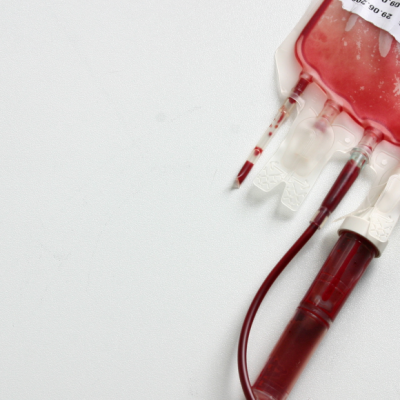
Lab-grown blood transfused to humans.
- By Geert Devenster
- . July 10, 2022
In the UK, scientists from the University of Bristol and other research institutions are working on producing human blood in the laboratory as part of

Organ Donor Blood Type Changed
- By Geert Devenster
- . March 1, 2022
Scientists from the University Health Network (UHN) in Toronto have discovered a way to convert organs with blood types A and B into universal donor
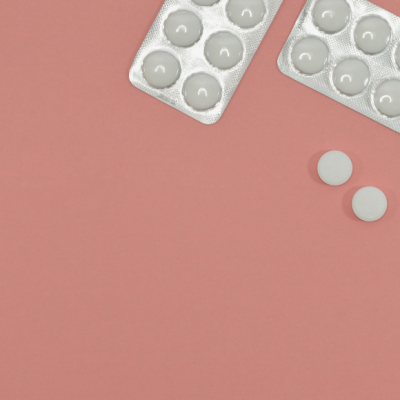
Aspirin Increases Heart Failure Risk?
- By Geert Devenster
- . November 24, 2021
A recent study has shown that taking aspirin as a preventative measure can significantly increase the risk of heart failure. Aspirin, which contains acetylsalicylic acid
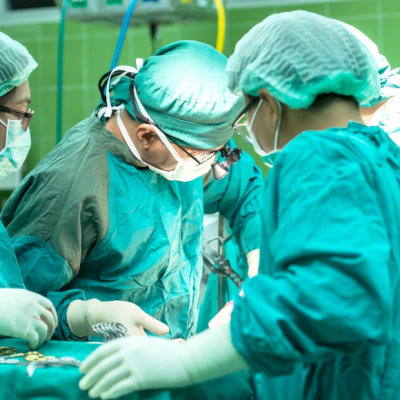
Successful Pig Kidney Transplant in Humans
- By Geert Devenster
- . October 20, 2021
In a groundbreaking medical achievement, doctors have successfully transplanted a pig kidney into a human for the first time. The transplant was made possible by
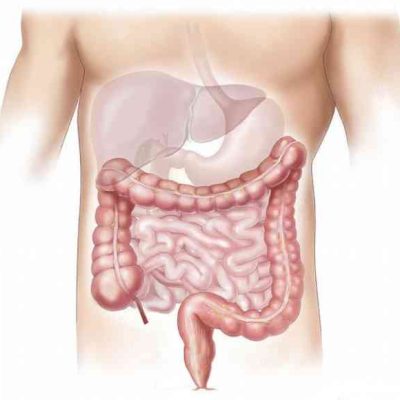
Rectal Ventilation for Covid-19
- By Geert Devenster
- . May 17, 2021
In a groundbreaking study, scientists from the University of Tokyo have discovered that mammals, including humans, can absorb oxygen through their rectum. The researchers conducted
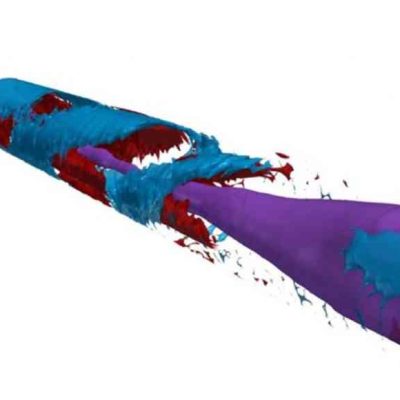
Irregular Blood Flow Discovered
- By Geert Devenster
- . May 12, 2020
A new study by researchers at the Institute of Science and Technology Austria (IST-Austria) has found that blood flows much more turbulently than previously thought.
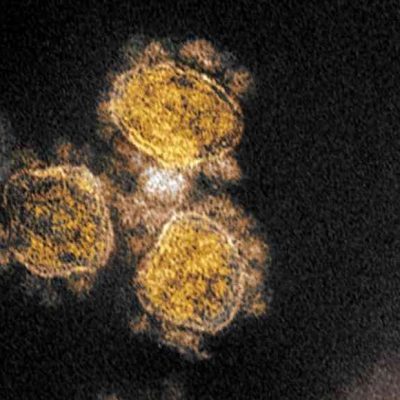
New gene scissors work on coronavirus.
- By Geert Devenster
- . March 19, 2020
A new gene-editing tool has been developed that can manipulate RNA-based structures, including the coronavirus. The previous CRISPR/Cas9 method was limited to DNA. The CRISPR/Cas9
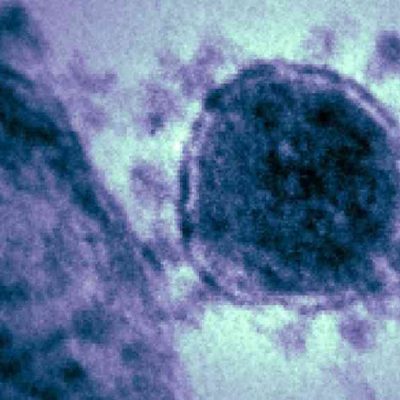
New substance inhibits coronavirus replication.
- By Geert Devenster
- . January 31, 2020
A new molecule, CR-31-B, has been found to significantly inhibit the replication of the coronavirus in laboratory tests. However, it has not yet been approved









